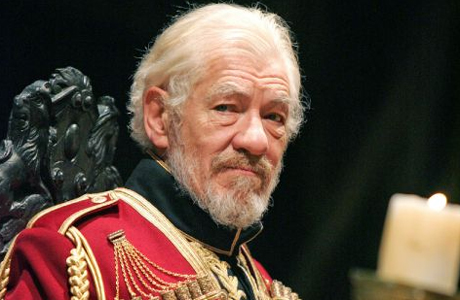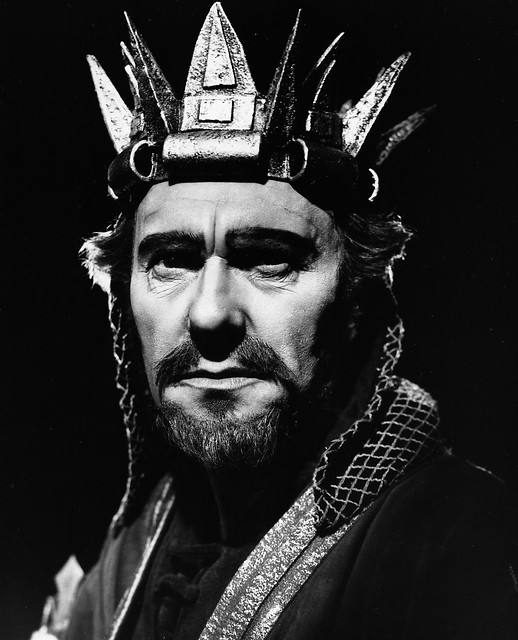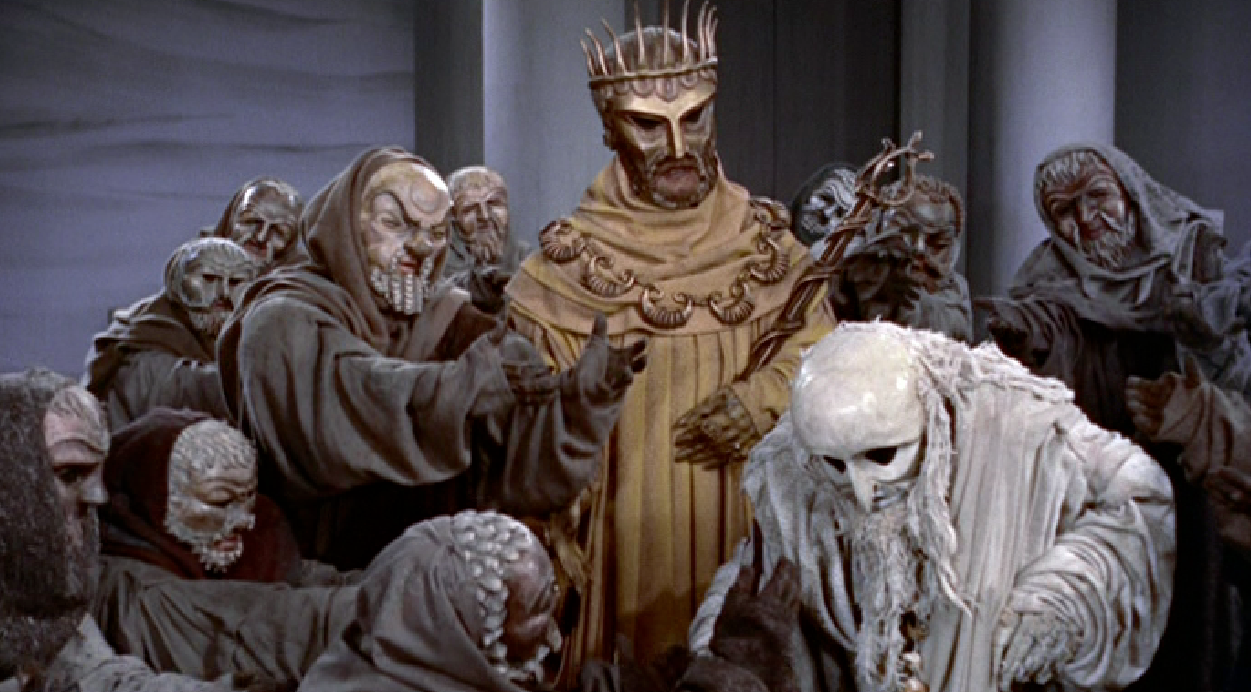Shakespearean
Tragedy
Sreeja, Liezl, Kim, Brian, & Michelle
Note to Reader
Control the slides with the spacebar to advance the slides in order correctly. If you want a map of the slides, hit esc.
And yeah, I know the theme I used here is different than the one we presented with. Sreeja doesn't like white text. :P
Background of His Tragedies
- Definition of tragedy
- Developed out of 16th century tragedies
- Earlier tragedies emphasized tragic kings and leaders
- Disturbing - evoke horror and pity
- Many based off of history
Cases
- 10 generally considered tragedies
- Titus Andronicus
- Romeo and Juliet
- Hamlet
- Othello
- Macbeth
- King Lear
- Anthony and Cleopatra
- Coriolanus
- Timon of Athens
However,
many of his tragedies overlap in style.
Much Ado About Nothing
- classified as a comedy
- ...but has many tragic elements
Timon of Athens
-
sometimes classified as a comedy
- classified as a comedy
- ...but has many tragic elements
Timon of Athens
-
sometimes classified as a comedy
Shakespearean vs. Greek
Compared to Greek tragedies, Shakespeare's feature:
- a smaller stage
- more characters
- not as much religious significance
- an emphasis on the tragic flaw
Play Format
Act I: Exposition
- Outlines the situation
- Introduces main characters
- Begins the action
Act II: Development
- Continues action
- Introduces complications
Act III: Climax
- Conflict reaches highest point
- Change of direction starts
Act IV: Falling Action
- Further developments
- but momentum slows
- Tension heightened by false hopes and fears
Act V: Resolution
- Conflict resolved
- Revelation and downfall of tragic hero
Common Elements
- Focus on powerful central character
- Tragic flaw - his most outstanding characteristic
- Realistic protagonist
- Ends in death of most major characters
- Chorus
Soliloquy
- Speech only the audience can hear
- Purpose:
-
Reveals speaker's mood, character, opinion, motive
- Creates suspense
- Foreshadows events
- Explains matters
-
Reviews past events
- Reinforces theme
Aside
- Brief comments intended for audience
- Purpose:
- Draws significance for something being done
- Explains plot development
- Adds humor
- Foreshadows events
-
Dramatic Irony
-
Humor
-
Suspense
-
Contrast
-
Fate
-
Pathetic Fallacy
-
The Supernatural

Human Weakness
- Tragic flaw
- Character's most central quality is also his downfall
- Often a good, noble man
- Example: Macbeth
- Tragic flaw could be a "positive" quality
Catharsis

Four Main Tragedies
1. Hamlet 2. Othello
Four Main Tragedies


3. King Lear 4. Macbeth


